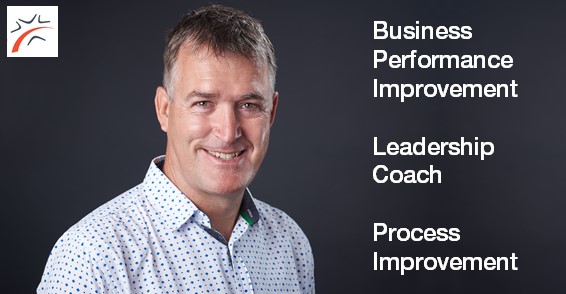RESILIENCE – ADAPT OR DIE

2020 is an election year and has also kicked off with several local and global issues for us to contend with. What might these mean to us this year and beyond? An unfair question perhaps: but whatever the answer it will likely involve the ability to adapt to change.
The theory of natural selection has important parallels to business:
Markets, environments and technologies change constantly and the businesses and their people most suited to that change, or most able to take advantage of it, survive and flourish.
Species die out because they cannot cope with new climates or compete with a more aggressive species or due to unforeseen events. Businesses do too, but unlike animals, they do so because of their own choices: they choose whether to respond to change, adjust their strategy, embrace new technology and bring on and develop new skills.
Those that respond survive in business, those that let the world change around them die out.
The best way to thrive now is the same as it was ‘then.’ You must always put the customer first.
Dr Ian Brooks, author of many books including 10 Steps to Becoming Customer Driven, states: “the main thing in business is to have profitable customers who want to stay with you for a very long time. This is more likely to happen if you focus on the basic principles or keys to business success”.
The first key is to deliver such superior customer value that your customers are so delighted they want to come back for more. It is not enough for them to be satisfied or even happy. If you want their loyalty, they must be delighted. Specifically, you must understand what you have that your customers want so badly they are prepared to pay for it. (Don’t think it’s about products or quality, think total customer experience every step of the way, including acting as their trusted advisor)
Change bring uncertainty
Despite the need for agility, the drive for change is often met with resistance. There is a conflict between desire to progress and reluctance to change. This must be carefully managed.
On one hand leaders and marketers, those charged with driving the business forward, will be constantly looking at how change can benefit the business. On the other hand, the operations team are often under pressure to maintain performance. Change often means increased risk and ensuring changes are implemented successfully is a big challenge. Saying ‘no’ to change can be the default response for an over-stretched or misaligned team.
But this must not be the default position. Before saying ‘no’ to an idea ask your people; “what is the ultimate cost of missing this opportunity or doing nothing; in business terms?”. The team needs to ask, “what are the benefits and risks to our existing customers, services and business processes if we go ahead or do not go ahead with this change?”
Adaptable, Agile, Successful
Truly agile organisations have mastered the paradox to be both stable and dynamic at the same time. Try and embrace and trust change and work on being loose and supple, not rigid and brittle.
This is where change management is necessary. The change management process needs to make sure the right questions are asked along the way: Is the change necessary? Is it worth the cost and resources? What are the risks? How can we negate these risks? If the right processes are followed, ideas and communication are allowed to flow and the right questions are asked (and answered), there is almost always a mutually agreeable solution that can be found.
Practise and refine your change management process and develop a more agile team and a more agile business. Putting controls and people in place to get it right is a strategic no-brainer, but there are challenges and objections to overcome along the way.
The success of change management relies largely on organisational change, in the broader sense – changing people’s attitudes through great leadership.
Ian Featherstone is a business advisor and leadership coach, and the owner of Glass Half Full. He specialises in the construction industry, particularly the joinery & cabinetry sector. For more information or to find out how you can move your team forward, please visit www.glasshalffull.co.nz






